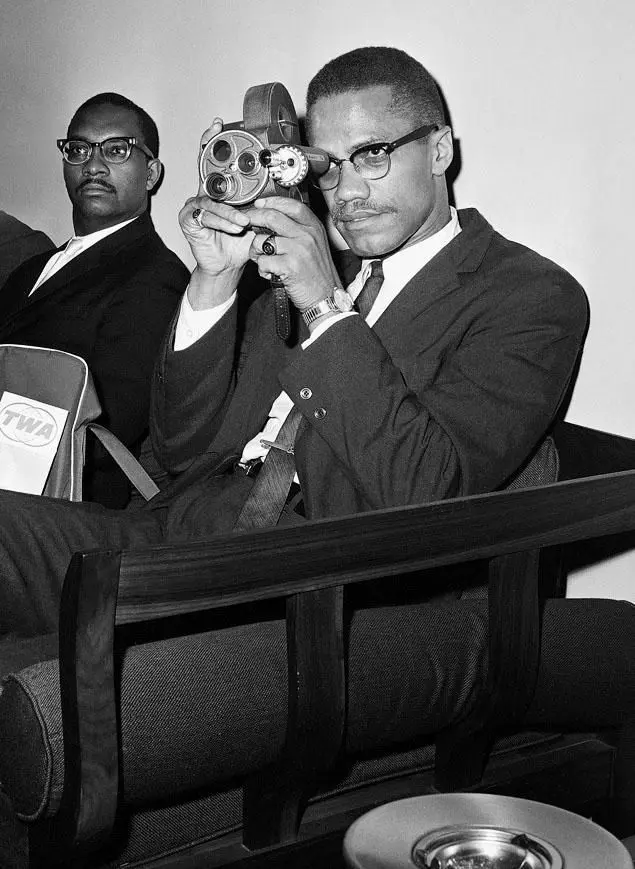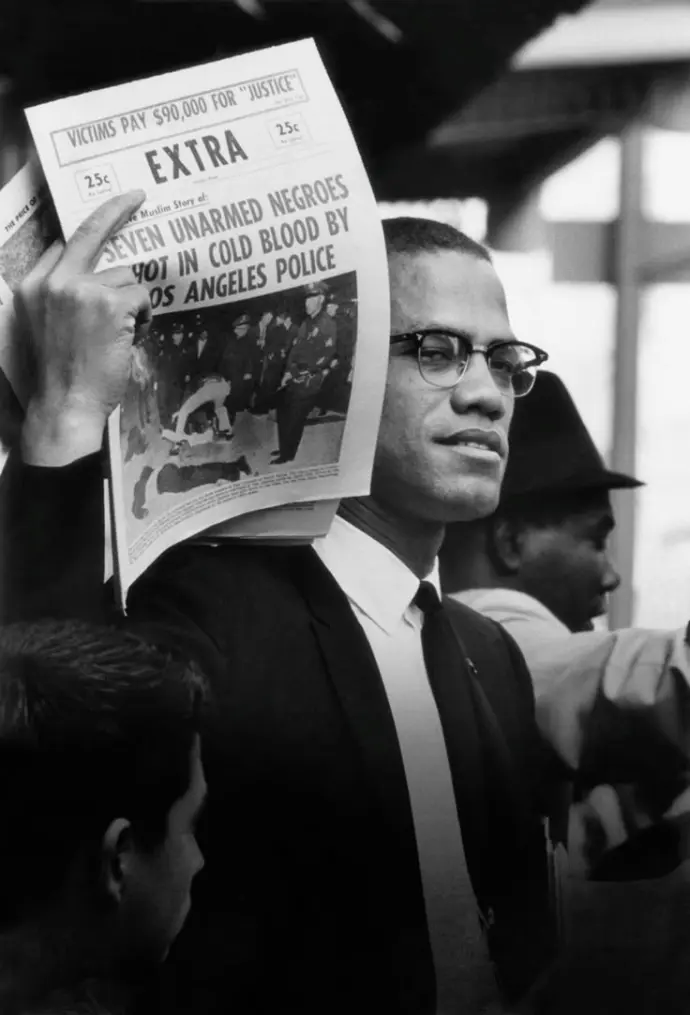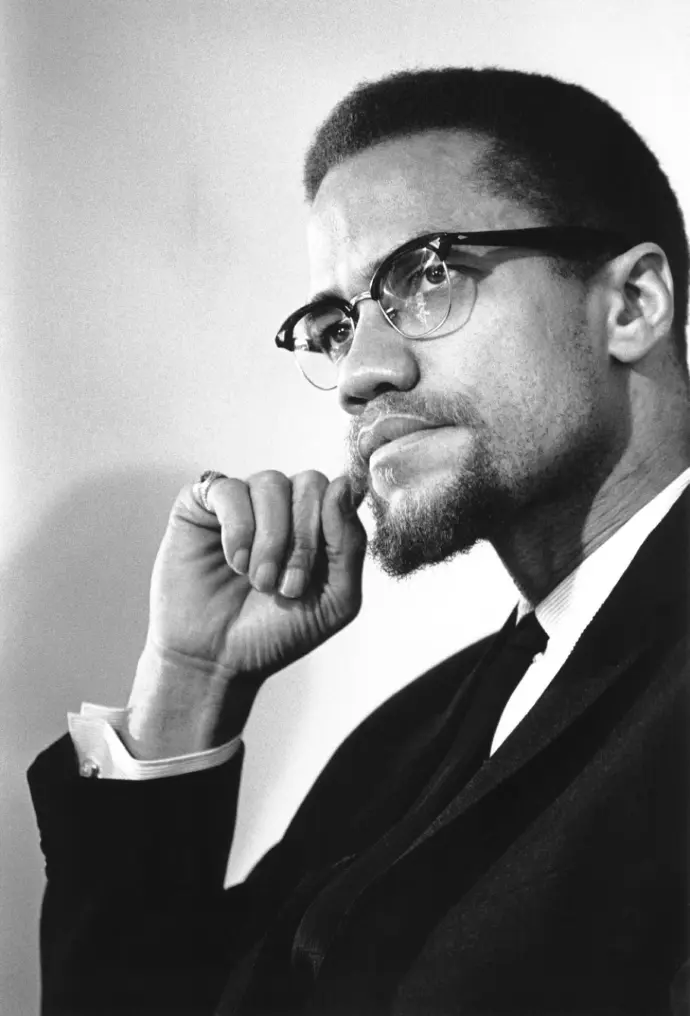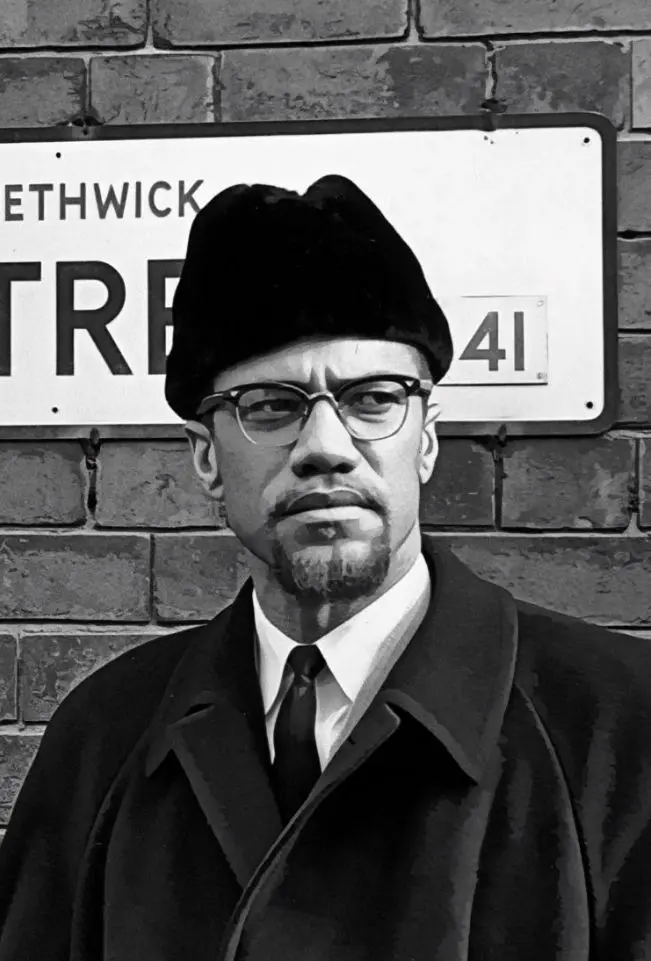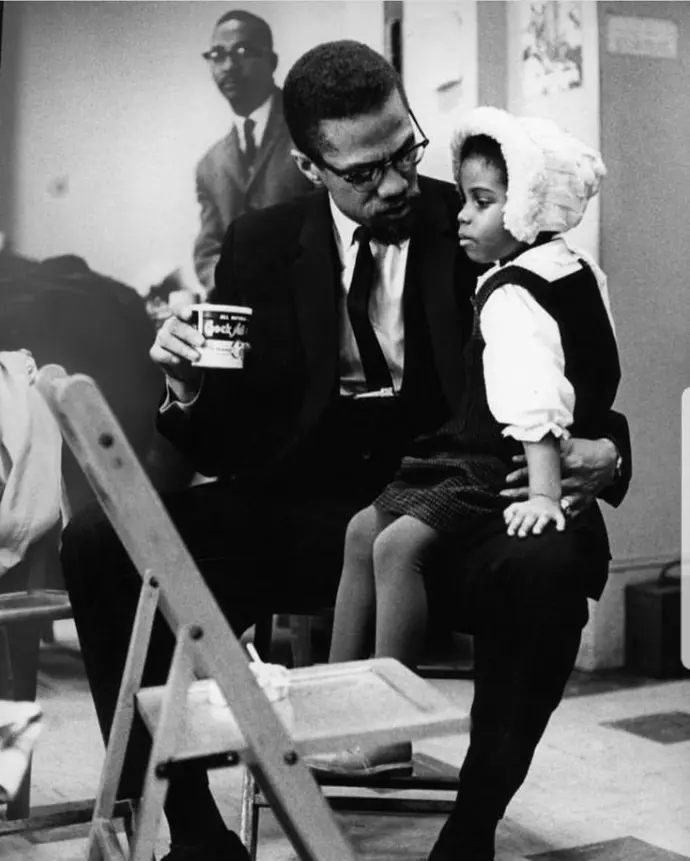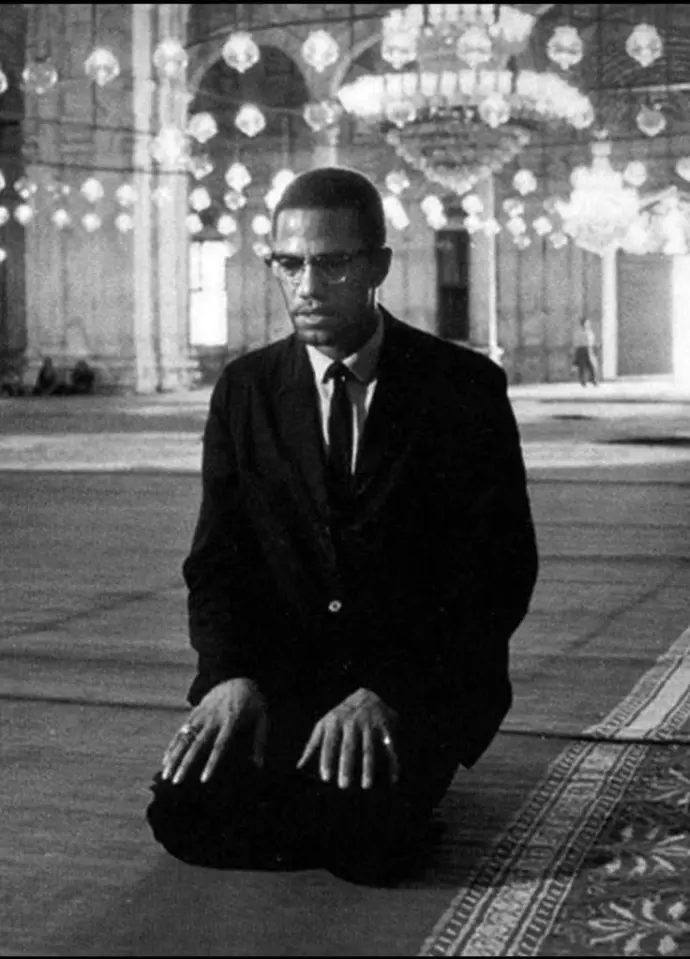Who Was Malcolm X?
Malcolm X was a Minister, a Black nationalist, and a civil rights activist. He was a proud member and spokesman for the Nation of Islam, and his philosophy and religious beliefs were certainly intertwined. He was one of the most significant figures in the black nationalist movement. Known for his powerful and influential speeches like “The Ballot of the Bullet”, “Message to the Grassroots”, and “By any means necessary”. Malcolm X urged black Americans to take their power and fight against systemic racism in the United States. He rejected the idea of non-violence and believed Black people had the right to defend themselves “by any means necessary” if attacked.
This was in contrast to another influential civil rights leader Martin Luther king. Their contrast in beliefs and plans of action is something that is still important to this day. Malcolm X urged Black Americans to take pride in their heritage and control their own communities economically, socially and politically. He believed in complete solidarity and separation from white institutes. Throughout the years Malcolms philosophy changed to a more inclusive vision of racial unity but without a doubt he was an influential and necessary leader of the 1960s civil rights movement.
Upbringing
Malcolm Little was born May 19, 1925 In Omaha, Nebraska. He was the 4th born out of 8 children and child of Earl and Louise little. His parents were followers of the Pan- African activist Marcus Garvey. Growing up in Nebraska and with his father being a known civil rights activist, they were under constant harassment by the Ku Klux Klan.
In 1929, their home in Michigan was set on fire by a racist mob, Malcolm was only 4 years old. With a turbulent upbringing and many encounters with racist mobs, Earl Little was mysteriously found dead on the municipal street tracks only 2 years after the fire. Authorities ruled this an accident, but the family believed he was murdered by white supremacists.
The death of Malcolm's father greatly affected his mother, later causing her to not be stable enough to care for her children, in 1937 she was committed to a mental institution where she remained for the next 26 years. Malcolm had a hard upbring and with his mother being unable to take care of him and his siblings they were placed in foster homes.
